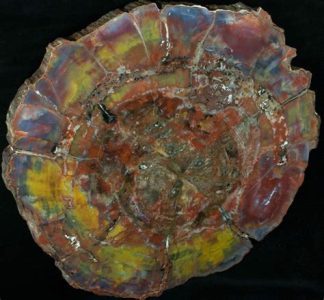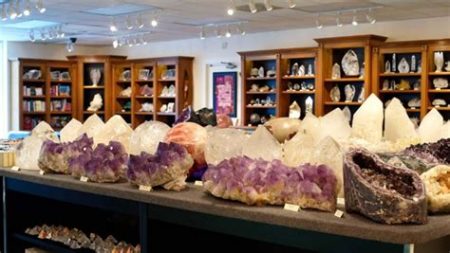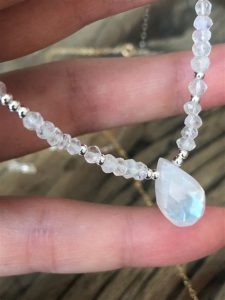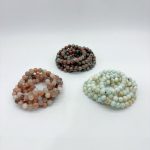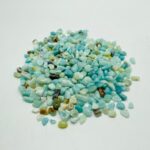1. Basalt
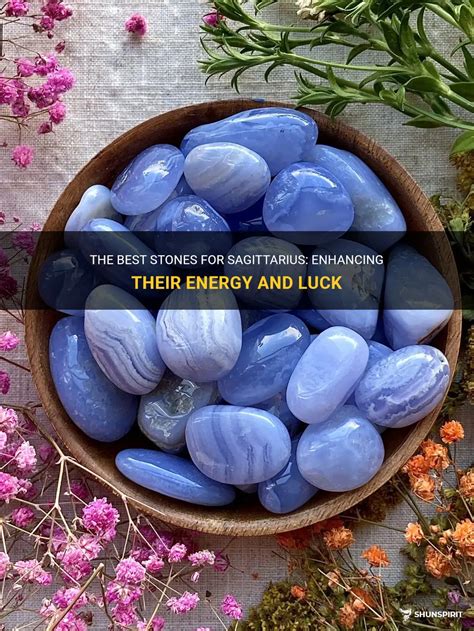
- Description: A dark, fine-grained igneous rock formed from cooled lava.
- Properties: Hardness (7 Mohs), durability, water resistance.
- Uses: Construction, paving, sculptures, countertops.
2. Black Granite
- Description: A crystalline igneous rock with a high quartz content.
- Properties: Strength, durability, scratch resistance.
- Uses: Kitchen countertops, building facades, monuments.
3. Black Marble
- Description: A metamorphic rock formed from limestone under high pressure and temperature.
- Properties: Elegance, beauty, marble’s distinctive veining.
- Uses: Decorative elements, flooring, furniture.
4. Black Slate
- Description: A fine-grained metamorphic rock with a layered structure.
- Properties: Hardness (6 Mohs), low water absorption, resistance to fire.
- Uses: Roofing, flooring, outdoor tiles.
5. Black Limestone
- Description: A sedimentary rock formed from the accumulation of calcium carbonate.
- Properties: Durability, classic look, ease of carving.
- Uses: Building facades, monuments, fireplaces.
6. Black Onyx
- Description: A variety of banded agate with alternating black and white layers.
- Properties: Hardness (7 Mohs), attractive banding, gemstone value.
- Uses: Jewelry, decorative objects, gemstones.
7. Black Pearl Granite
- Description: A dark brown or black granite with iridescent crystals that give it a “pearl” effect.
- Properties: Durability, elegance, uniqueness.
- Uses: Kitchen and bathroom countertops, flooring, building facades.
Comparison Table of Black Stone Types
| Property | Basalt | Black Granite | Black Marble | Black Slate | Black Limestone | Black Onyx | Black Pearl Granite |
|---|---|---|---|---|---|---|---|
| Hardness | 7 Mohs | 7 Mohs | 3-4 Mohs | 6 Mohs | 4 Mohs | 7 Mohs | 7 Mohs |
| Durability | High | Very high | High | High | Moderate | High | Very high |
| Water Resistance | High | High | Low | Moderate | High | Low | Moderate |
| Scratch Resistance | Moderate | High | Low | Moderate | Low | High | High |
| Elegance | Low | Moderate | High | Moderate | Moderate | High | Moderate |
| Uniqueness | Low | Moderate | High | Moderate | Moderate | High | Moderate |
Applications of Black Stone Types
Black stones offer a wide range of applications in various industries:
- Construction: Paving, building facades, countertops, sculptures.
- Decorative: Flooring, furniture, decorative elements.
- Architectural: Monuments, fireplaces, building exteriors.
- Jewelry: Gemstones, jewelry components.
- Landscaping: Outdoor tiles, fountains, retaining walls.
Strategies for Using Black Stone Types
- Consider the hardness: Choose the appropriate stone type based on the intended use and wear and tear.
- Match the style: Select a stone that complements the overall design scheme and desired aesthetic.
- Seal and maintain: Regularly seal black stones to protect them from stains and damage.
- Use lighting: Highlight the beauty of black stones with proper lighting to enhance their visual appeal.
- Experiment with textures: Combine different textures of black stones to create depth and interest.
Tips and Tricks
- Test for water absorption: Before using black stones for countertops or flooring, test their water absorption to prevent staining.
- Use non-abrasive cleaners: Avoid harsh chemicals that can damage black stones. Instead, opt for gentle non-abrasive cleaners.
- Avoid excessive heat: Protect black stones from extreme heat, as it can cause discoloration and cracking.
Common Mistakes to Avoid
- Overuse: Avoid using black stones excessively in a space, as it can create an overwhelming and somber atmosphere.
- Neglecting maintenance: Black stones require regular cleaning and sealing to maintain their beauty and longevity.
- Using low-quality materials: Opt for high-quality black stones to ensure durability and aesthetic appeal.
Pros and Cons of Black Stone Types
Pros:
- Durability and longevity
- Elegance and sophistication
- Wide range of applications
- Heat and fire resistance (in some cases)
- Unique and striking appearance
Cons:
- Can be expensive
- Prone to scratching (in some cases)
- May require regular maintenance
- Can appear too dark or somber in some settings
FAQs
1. Which black stone type is the hardest?
– Black granite and black pearl granite have a hardness of 7 Mohs.
2. Which black stone type is the most durable?
– Black granite and black pearl granite are known for their exceptional durability.
3. Which black stone type is the most water-resistant?
– Basalt and black limestone have high water resistance.
4. Which black stone type is the most scratch-resistant?
– Black granite and black pearl granite exhibit high scratch resistance.
5. Which black stone type is the most suitable for countertops?
– Black granite, black pearl granite, and black marble are popular choices for countertops due to their durability and aesthetic appeal.
6. Which black stone type is the most suitable for outdoor use?
– Basalt and black slate are suitable for outdoor use due to their resistance to moisture and weathering.
7. How often should black stones be sealed?
– Black stones should be sealed every 2-3 years to maintain their protection and beauty.
8. Can black stones be used in both indoor and outdoor applications?
– Most black stone types, such as basalt, black granite, and black slate, can be used in both indoor and outdoor applications.







